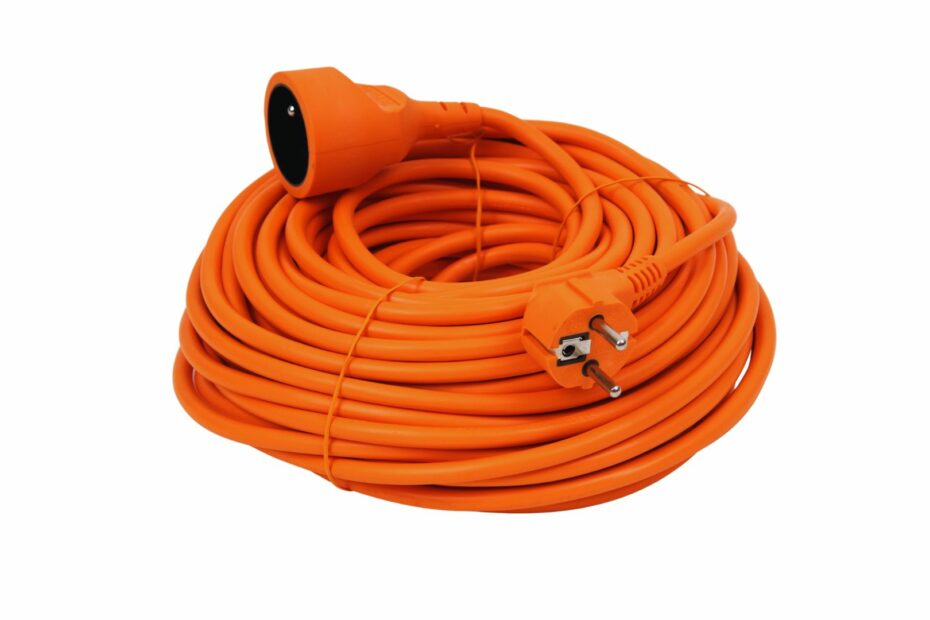First off, it’s crucial to acknowledge that when setting up any electrical equipment, especially something involving water like an inflatable hot tub, safety must be your top priority. I’ve had my fair share of experiences with inflatable hot tubs, and each time, ensuring all electrical setups are safe was paramount.
The main concern with using an extension cord for an inflatable hot tub is the potential for electrical hazards. Inflatable hot tubs require a significant amount of power, typically around 110-120 volts with a substantial amperage draw to heat up and maintain water temperature. The power demands can be quite high, comparable to large appliances.
Manufacturers of inflatable hot tubs generally recommend plugging the unit directly into a grounded outdoor outlet. This advice is primarily due to safety concerns. Extension cords, unless specifically designed for high-load appliances, might not safely handle the power draw of the hot tub’s heater and pump. A regular household extension cord can overheat, leading to a risk of fire or electric shock.
However, if you must use an extension cord, it should be a heavy-duty type, designed for outdoor use, and capable of handling the wattage of the hot tub. Look for one that is as short as possible to minimize voltage drop and resistance. It should also be a single, continuous piece without any couplings or junctions, rated for at least 15 amps and ideally with a ground fault circuit interrupter (GFCI) for additional protection.
When I set up my inflatable hot tub, I ensured that the extension cord I used met all these criteria. It was a heavy-duty, 12-gauge cord, suitable for outdoor conditions, and rated for up to 20 amps. The plug and the outlet were both weather-resistant, and I regularly checked the cord for any signs of wear or damage.
Moreover, positioning is key. The cord should be laid out in a way that avoids trip hazards and is not running through water or across walkways where it could be damaged. Keeping the electrical connections dry and off the ground is crucial, as moisture is a significant risk factor.
Lastly, it’s always a good idea to consult with a qualified electrician if you’re unsure about the electrical requirements and safety measures needed for using an inflatable hot tub. This step is something I personally did not skip, as professional guidance helped me ensure that all safety aspects were thoroughly addressed.
So, can you use an extension cord with an inflatable hot tub? Technically yes, but it requires careful consideration of the type of cord, its specifications, and strict adherence to safety practices. Always prioritize safety and when in doubt, opt for more professional setup methods to enjoy a relaxing and worry-free hot tub experience.
